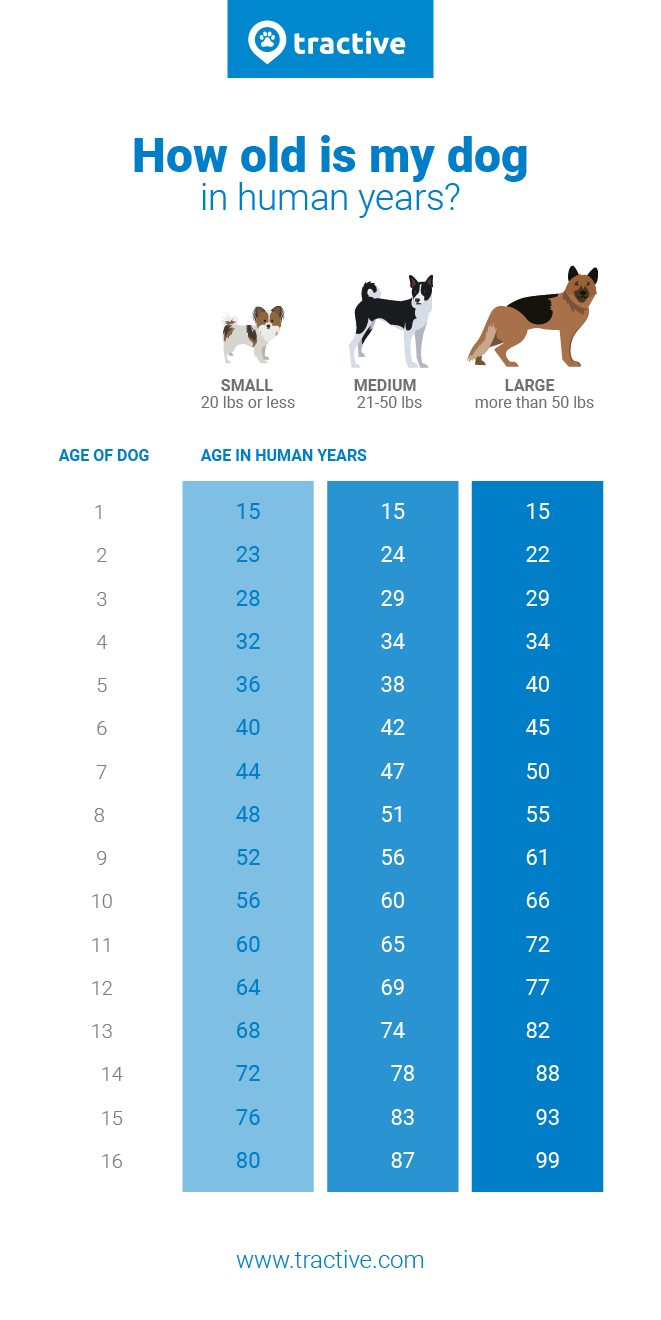2 Years In Dog Years

The concept of "dog years" is a popular myth that has been debunked by many veterinarians and animal experts. The idea that one human year is equivalent to seven dog years is an oversimplification of the complex process of canine aging. In reality, the aging process of dogs is influenced by a variety of factors, including breed, size, and health conditions.
Understanding Canine Aging

Dogs, like humans, experience a range of physical and physiological changes as they age. However, the rate at which these changes occur can vary significantly depending on the individual dog. Small breeds, such as Chihuahuas and Poodles, tend to live longer than larger breeds, such as Great Danes and Mastiffs. On average, a small breed dog can live up to 15-20 years, while a large breed dog may only live for 8-12 years.
Calculating Dog Years
A more accurate way to calculate a dog’s age in human years is to consider the first two years of life as equivalent to 10-14 human years. This is because dogs mature rapidly during the first two years, with significant physical and physiological changes occurring during this period. After the first two years, each subsequent year is equivalent to approximately 5-6 human years. Using this formula, a 2-year-old dog would be equivalent to a 14-18 year old human.
| Breed Size | Average Lifespan | Human Equivalent |
|---|---|---|
| Small | 15-20 years | 76-100 years |
| Medium | 10-15 years | 56-76 years |
| Large | 8-12 years | 44-64 years |

While the concept of dog years can be a useful tool for understanding the aging process of dogs, it's essential to remember that every dog is unique. By considering the individual characteristics and needs of your dog, you can provide them with the best possible care and ensure they live a long and healthy life.
Factors Influencing Canine Aging

A range of factors can influence the aging process of dogs, including genetics, diet, and lifestyle. For example, dogs that are fed a high-quality diet and receive regular exercise tend to live longer than those that are fed a poor-quality diet and lead a sedentary lifestyle. Additionally, dogs that receive regular veterinary care and are protected from diseases and parasites tend to live longer than those that do not.
Health Conditions and Canine Aging
Certain health conditions can also influence the aging process of dogs. For example, dogs with diabetes or arthritis may experience a range of age-related health problems, including vision loss, hearing loss, and mobility issues. Regular veterinary check-ups and a healthy lifestyle can help manage these conditions and ensure your dog lives a long and happy life.
In conclusion, the concept of dog years is a complex and multifaceted topic that cannot be reduced to a simple formula. By considering the individual characteristics and needs of your dog, you can provide them with the best possible care and ensure they live a long and healthy life.
How do I calculate my dog’s age in human years?
+A more accurate way to calculate a dog’s age in human years is to consider the first two years of life as equivalent to 10-14 human years. After the first two years, each subsequent year is equivalent to approximately 5-6 human years.
What factors influence the aging process of dogs?
+A range of factors can influence the aging process of dogs, including genetics, diet, lifestyle, and health conditions. Regular veterinary check-ups and a healthy lifestyle can help ensure your dog lives a long and happy life.
How can I help my dog live a long and healthy life?
+By providing your dog with a high-quality diet, regular exercise, and regular veterinary check-ups, you can help ensure they live a long and healthy life. Additionally, protecting your dog from diseases and parasites, and managing any health conditions they may have, can also help promote a long and healthy life.



